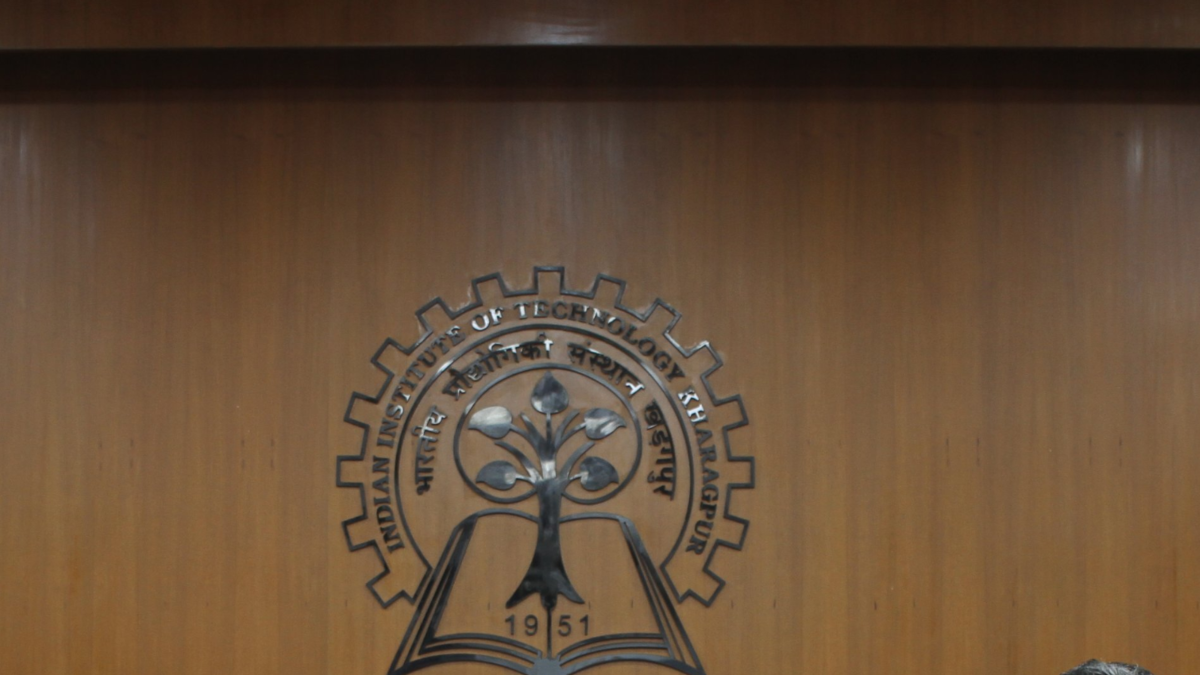IIT-Kharagpur battles student suicides: Ceiling fan removal, 'Campus Mothers' lead prevention efforts

Facing a troubling pattern of student suicides—over twelve deaths in the last five years—IIT-Kharagpur has been prompted to take drastic measures, including removing ceiling fans from hostel rooms. It has also launched the ‘Campus Mothers’ initiative, which involves trained female staff providing emotional support.
Officials said the decision to remove ceiling fans from hostel rooms was prompted by a grim trend: a number of student suicides at IIT-Kharagpur have involved hanging. Officials say the move is preventive, akin to buildings installing collapsible rods or sensor-based fixtures in sensitive zones.
As a part of the ‘Campus Mothers’ initiative, trained female non-academic staff serve as informal emotional caregivers, providing a comforting presence in a predominantly high-pressure, male-dominated environment. These mothers check in on students, provide a listening ear and build a non-judgmental support system.
"There should be at least one psychologist for every 500 students; many IITs don’t meet even that minimum," said a former mental health consultant.
The issue has now reached the country’s highest court. In a suo motu proceeding initiated earlier this week, the Supreme Court has asked the Centre, IIT Council and UGC to submit reports on the mental health infrastructure and suicide prevention protocols in place across India’s premier institutions.
The Court’s direction came after multiple PILs and newspaper reports highlighted the alarming trend of suicides in institutions of national importance, especially among Scheduled Caste/Scheduled Tribe/Other Backward Class students and those from disadvantaged backgrounds.
“What is wrong with your IIT-Kharagpur? Why are students committing suicide? Have you given a thought to this problem? What steps have you taken?” Justices J.B. Pardiwala and R. Mahadevan asked during a hearing
On July 21, the Supreme Court had taken suo motu cognisance of two student suicides - one involving a fourth-year engineering student from IIT-Kharagpur and the other a second-year BDS student from Sharda University in Greater Noida.
According to the affidavit filed by IIT-Kharagpur, “The institute has also launched the SETU framework, comprising five integrated pillars, upgraded counseling services, an AI-enabled welfare application for anonymous emotional check-ins, hostel-level wellness units, trained volunteer groups, and structured student-engagement projects.”
To reduce the gap between distress and assistance, QR codes have been affixed to every hostel room door and in conspicuous common areas.
A single scan provides students with direct links to emergency contact numbers, a counseling appointment interface, and contact details of wardens, mentors, and medical staff. The system also includes an anonymous grievance form to capture early-stage concerns.
The affidavit also notes the formation of a 10-member committee comprising clinical psychologists, psychiatrists, senior police and legal professionals, educationists, and alumni familiar with campus life.
The framework is designed not only for swift crisis response but to proactively identify and address emotional and psychological concerns among students, thus promoting resilience and overall mental wellness.
According to a report submitted by the Centre for Law and Policy Research between 2018 and 2023, at least ninety-one student suicides were reported in central higher education institutions.
IIT-Kharagpur’s measures may signal a shift in attitude from silence to acknowledgement. But unless the symbolism is backed by systemic transformation—more funding for counseling, anti-discrimination cells, de-stigmatizing failure and faculty training—fan removals may only act as institutional Band-Aids.
With the Supreme Court’s involvement, however, the moment could be ripe for real accountability. The Court’s future orders in this case may well shape how India treats student mental health—not as a personal failing, but as a matter of constitutional and institutional responsibility.
I hope this is helpful. Let me know if you have any further questions.
India